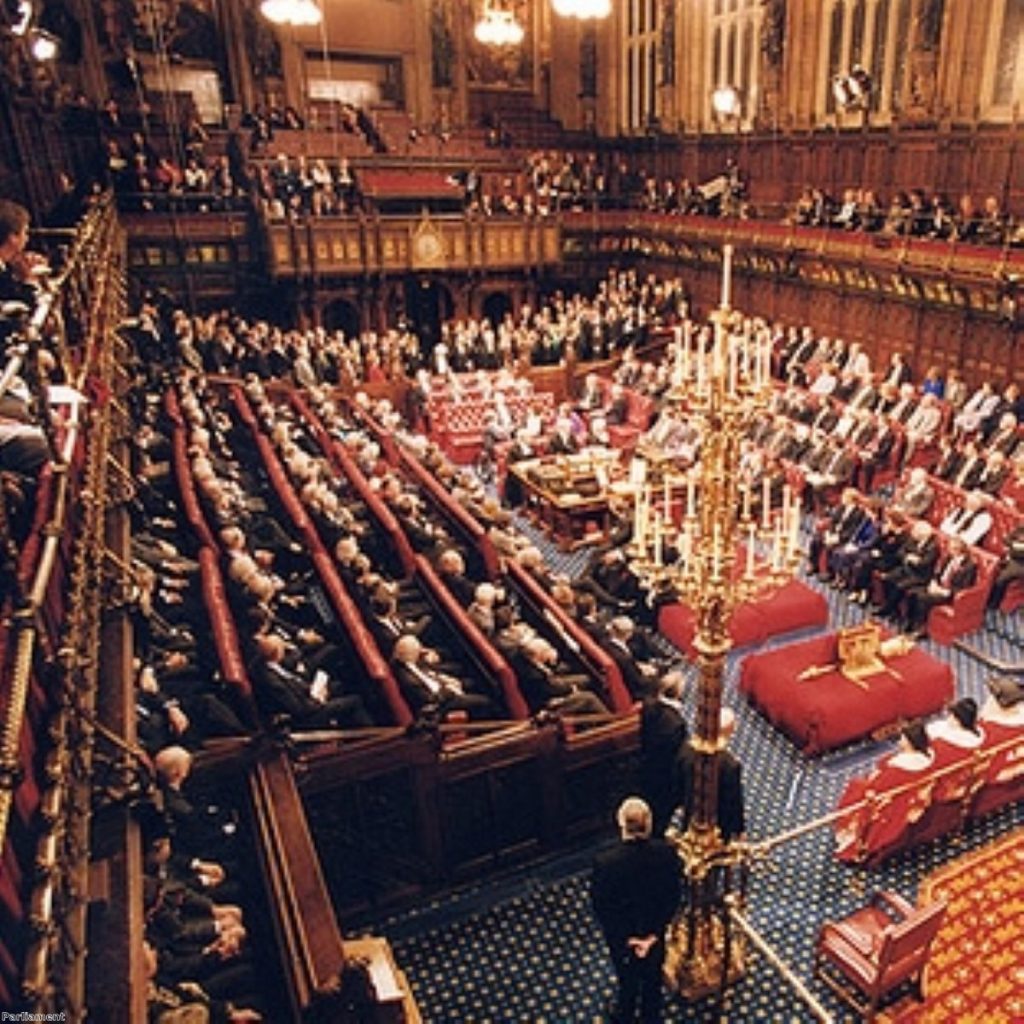Analysis: Britain’s besmirched Lords
For hundreds of years Britain’s noble lords were trusted to abide by the concept of “honour”. The expenses scandal means those days are now over.
It’s been a “difficult year” for parliament.
That was the rather miserable assessment of Lord Eames, the man tasked with chairing the group which has redrafted the Lords’ code of conduct.


They have spent the summer preparing a new code of conduct which seeks to give confidence to the members of the upper house.
They certainly need it.
In May, for the first time in 350 years, the Lords suspended two of its members.
Lords Truscott and Taylor had been caught by undercover journalists posing as lobbyists, appearing to offer to lay amendments to legislation in return for money.
Looking back at the brief debate which preceded the historic decision to suspend them for the duration of the current parliament, it’s clear how many peers felt the reputation of the Lords had been seriously damaged.
As the attorney general, Baroness Scotland, put it: “All noble Lords are concerned about the honour of this House and would feel besmirched if any of our members behaved in such a way as to bring us all into disrepute.”
The Lords are trying to do their best to restore confidence. Through Lord Eames’ report they have outlined in much clearer detail how they will prevent a similar besmirching happening again.
An independent commission for standards will be set up, to investigate allegations of misconduct.
At the start of every parliament all peers will be asked to sign an undertaking to abide by the code of conduct.
And, from now on, all peers will be banned from acting as parliamentary consultants. They may still work for public affairs firms – but cannot do so if they are offering any “parliamentary advice”.
The previous code of honour, introduced in 2001, placed the onus on members of the Lords to “act always on their personal honour”.
Today’s shakeup was sold as “the most far-reaching reform of the way standards of conduct are set and regulated in the House of Lords since 2001”.
In fact the shift is much more significant.
It’s not really clear why they’ve left the requirement for “honour” in the new code of conduct in the first place.
Back in May, moments before Lords Truscott and Taylor were given their marching orders, Baroness D’Souza reflected the thoughts of many when she assessed the significance of that strange word.
“My Lords, we live in a world of euphemisms – extraordinary rendition, collateral damage and quantitative easing – but I suggest that the word ‘honour’ still has the same currency that it has had for hundreds of years.”
Peers were dismayed that the idea of a self-regulating House of Lords was finally to be abandoned. The establishment of a commissioner of standards ends the centuries-old idea of faultless nobility.
Lord Eames admitted his group had “debated long and hard” over whether or not to retain the concept.
That’s as clear an admission as you’ll ever get of division among his colleagues.
And when politics.co.uk pressed him to explain why the “honour” phrase had been retained he brought the issue back to its timeless fundamentals.
“In our discussions there was great support for the concept,” he said.
“What we’ve tried to do is to link the personal code of honour application to what a reasonable person outside parliament would judge to be acceptable behaviour.”
Crucially, he added: “We still believe this code of honour will outlive particularities of the time.”
If, as Baroness D’Souza says, the word “honour” still retains its currency of old, peers will all feel a little besmirched. They will now be forced to sign a piece of paper telling them exactly how they must retain theirs.
“The reputation of parliament has been seriously damaged,” Lord Eames reflected. Peers, previously trusted to leave themselves to themselves, are paying the price for their collective misdeeds.












